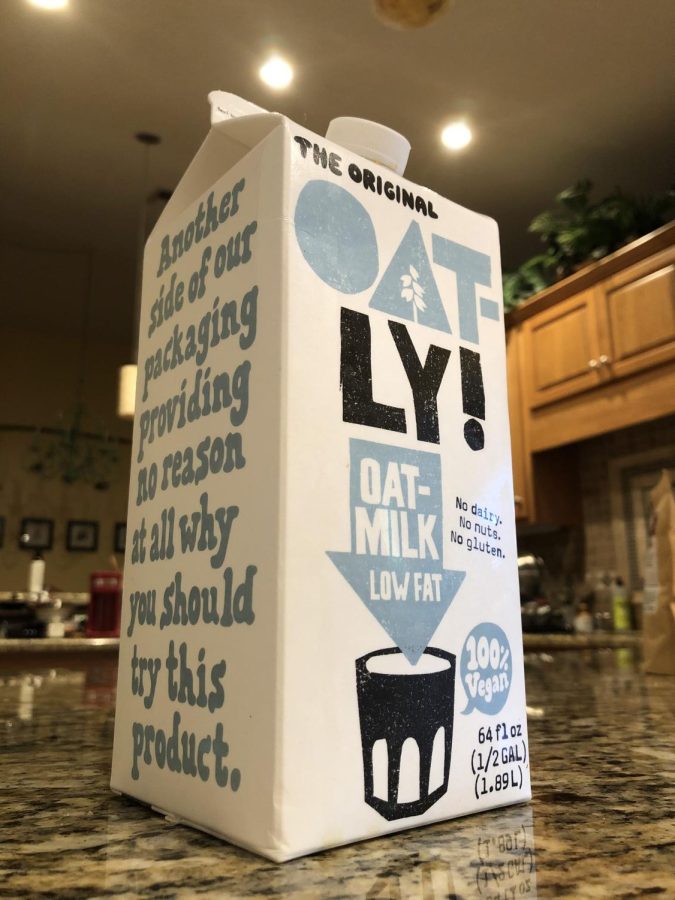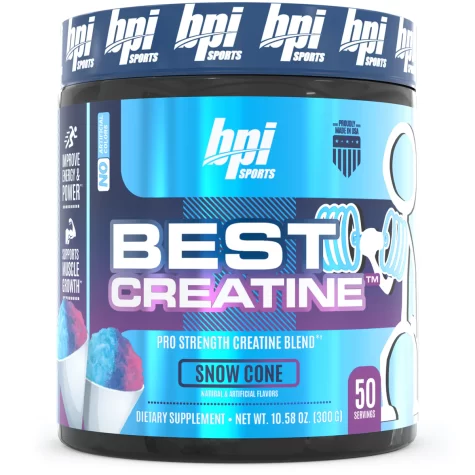How Healthy are Healthy Alternatives?
April 9, 2022
There are many different kinds of milk alternatives, with some of the most popular choices being soy, oat, and almond. Several people make drinking milk part of their daily habit, but some options may be healthier than others.
Soy milk contains estrogen-like composites called isoflavones, which can cause the development of some cancer cells. This option could also disrupt female fertility rates and thyroid functions. “Soybeans provide a slew of vitamins and minerals crucial for reducing risk of chronic disease; and fiber that helps you fill up and feel satisfied,” adds Jaclyn London, MS, RD, CDN, goodhousekeeping.com states. Customers often view soy milk as an attractive option due
to its low levels of sugar. However, frequent ingestion could put individuals at risk for serious side effects.
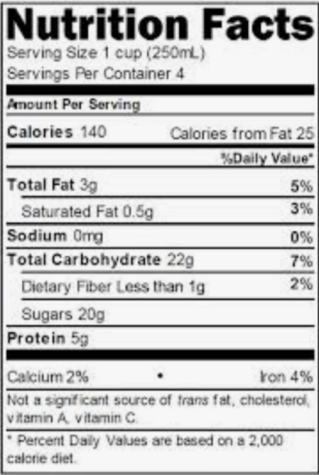
Many reach for almond milk as an alternative because of its lower calorie count. However, some customers may be unaware of the strain that the manufacture of almond milk places on the environment. Umzu.com says in the article ‘’Almond Milk Is Bad For The Environment And Your Health!’’, “The techniques used to create and produce this food have caused new allergies to crop up like never before, and has taken a toll on the environment. One of these allergens is lactose.”
Despite this, many still acknowledge the health benefits that almond milk provides, most notably its capacity to support heart health. “Almond milk is also high in omega-3 fatty acids to help lower your levels of ‘bad’ LDL cholesterol and protect your heart”, fitday.com says.
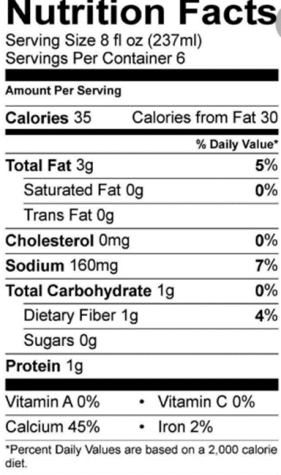
Picture from Northwest Coffee Supply
Oat milk has been recently introduced onto grocery store shelves. The sugar content in oat milk exceeds that of both almond and soy, causing many to choose other milk alternatives. Despite this, oat milk is high in protein and provides a variety of nutrients.
“Oat milk is packed full of fiber and plant-based protein, and promotes a healthy digestive system,” says nutritionist Mina Khan, founder of Formulate Health. “As well as this, oat milk is generally a really great source of calcium, and most brands also fortify their versions with added nutrients such as vitamin A, B, B-12 and D”, goodto.com states.
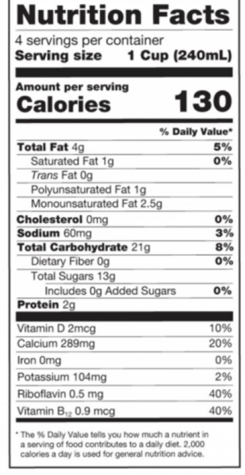
This picture is from Oatsome.
There are many milk alternative options for customers to choose from, each touting different health benefits and drawbacks. Many choose from these milk alternatives because of their ability to fit into vegan, vegetarian, and lactose intolerant diets.
“Between cow’s milk and the wide array of plant-based milks, their health benefits are many and varied,” health.usnews.com
